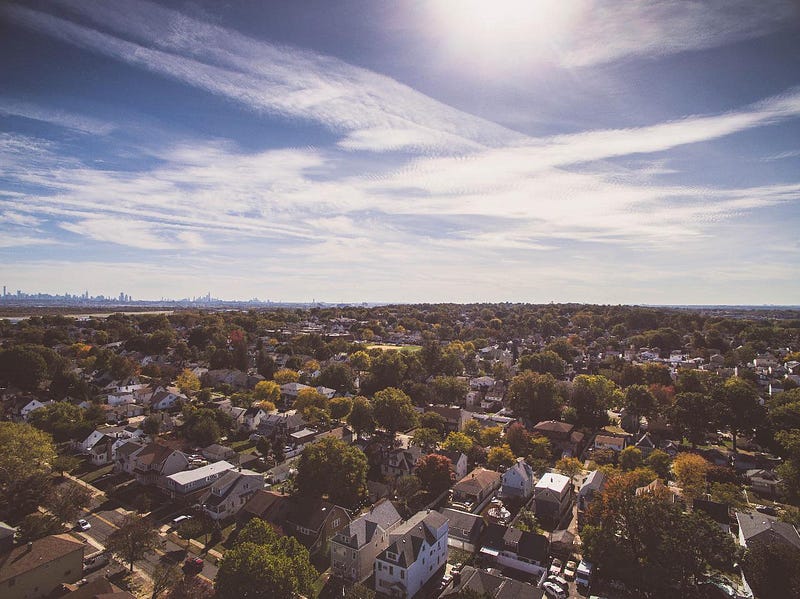When The “Church” Loses “It”
Or “Why the missional neighborhood church isn’t perfect.”

I often write and speak about how beautiful my congregation is. The truth of the matter is that I do love it, I love every messy thing about living life with the people who are in my congregation. There is nothing that I would rather do than be our neighborhood pastor.
It is life.
Yet, it isn’t perfect. There are problems, real and significant problems, inherent in a congregation like the one I lead. The biggest problem, the one that keeps me up at night, is loss of momentum.
Our congregation loves one another. We deeply care for one another. Like no other congregation I have ever been part of, these people live out the Scripture’s admonishment to “love one another.”
In the midst of this though is the very real possibility that it can lose momentum. We can become complacent and satisfied. When you deeply love and care for one another, it is easy to look around and think, “This is great, I don’t want anyone to come in and ruin it.”
When that moment comes, something significant is lost.
This loss of momentum or missional impulse that leads to complacency is the great weakness of a smaller, home based congregation. Particularly when all is going well.
Nobody is looking to “rock the boat.” We can easily rest in the reality that we have an amazing community. Those people would only ruin it.
When you have intentionally freed people to carry on mission without the programs of the congregation you risk losing momentum for the mission. People can become consumed with other things. It can be easy to slowly lose sight of the importance of connecting with their faith community.
When momentum is lost it is difficult to recover. It is much easier to lose momentum in a smaller community than a larger one, because there is little back up for the key people who bring the energy.
Along with momentum, there is also the down side of lack of scale.
Something I noticed working for a large para-church organization as opposed to the local church is its ability to serve on a large scale. It felt like the large organization had greater reach to serve more people. The numbers bear that out. The bigger organization has the ability to serve on a larger scale.
The small scale within which we serve in our neighborhood in beautiful and personal. Yet, our ability to serve on a larger scale is very limited. While we can help out immediate neighbor, our ability to have a significant on something like the Flint water crisis is quite limited.
Finally, the neighborhood based missional community approach has limited resources. One of the things that I appreciate about the mega-church is that it has resources that it can mobilize for the greater good of the body of Christ. The finances it can invest in missionaries and other community service is amazing. The number of people that a mega-church or even a church of 150 can mobilize to service is amazing. There are resources that can be freed by the larger building-centric congregations that a neighborhood base congregation is unlikely to ever amass.
Let me be clear, in spite of these potential issues, I am convinced that this is the best way to live as the church. This is not to say that the other ways of being the church are bad or “less than,” they certainly are not.
Quite simply, this the manure that makes the grass green on my side of the fence and I think it smells great. These are the problems that I prefer to deal with and worry about. Also, I don’t think our missional community has lost momentum or is in any immediate danger of losing momentum. But, it isn’t fair to critique one approach without also looking for the plank in one’s own eye.
Originally published at danielmrose.com on February 21, 2019.